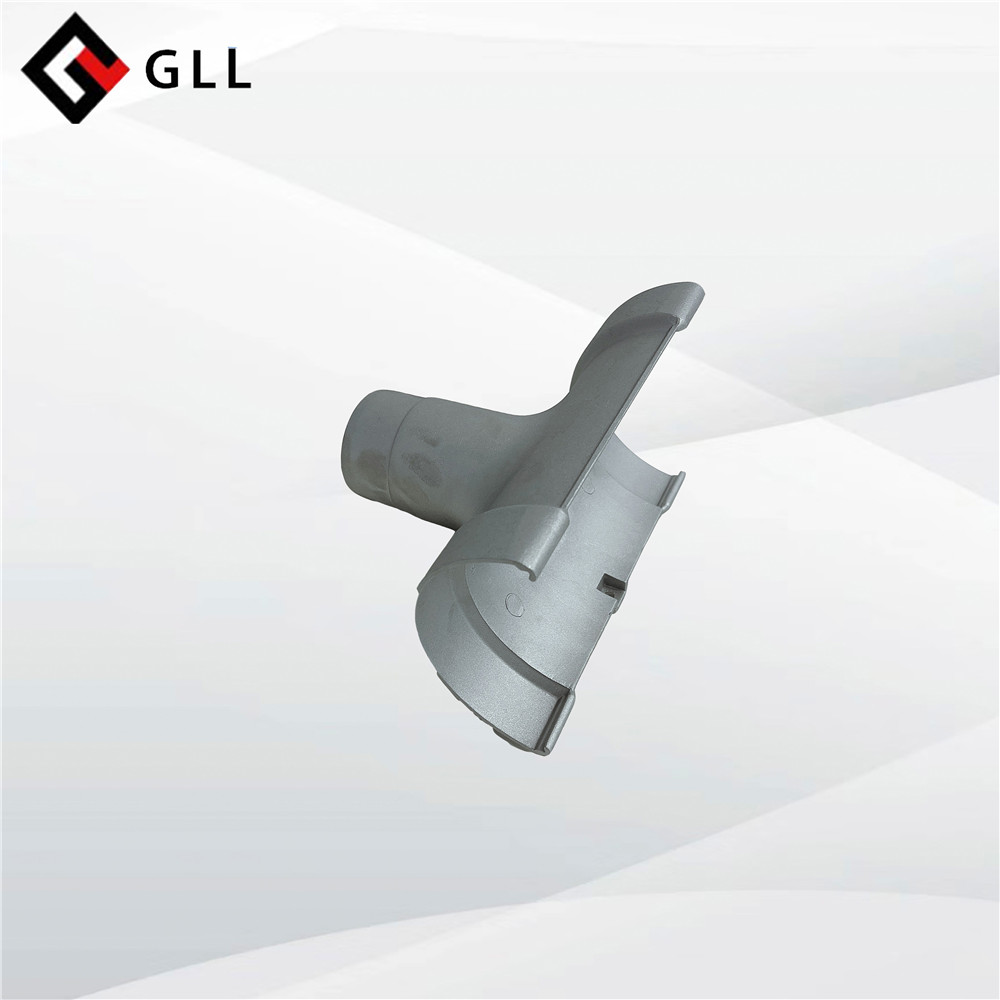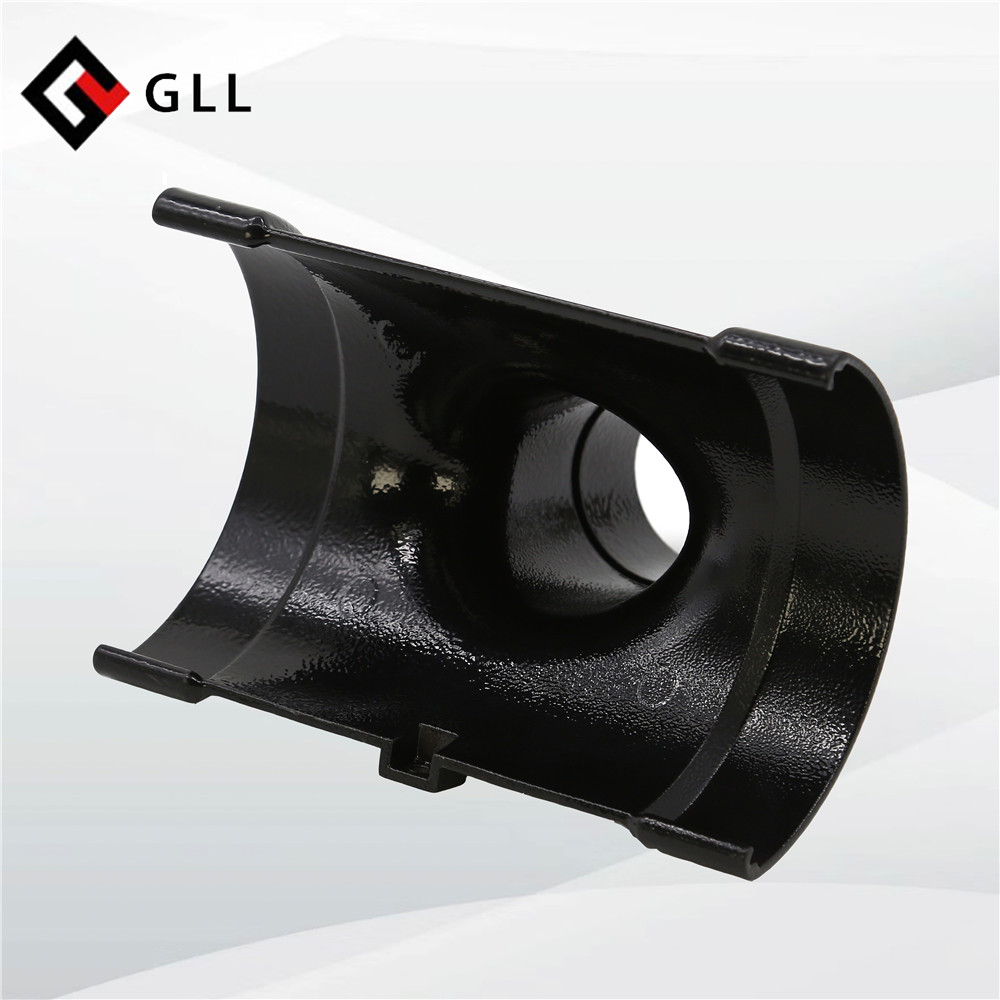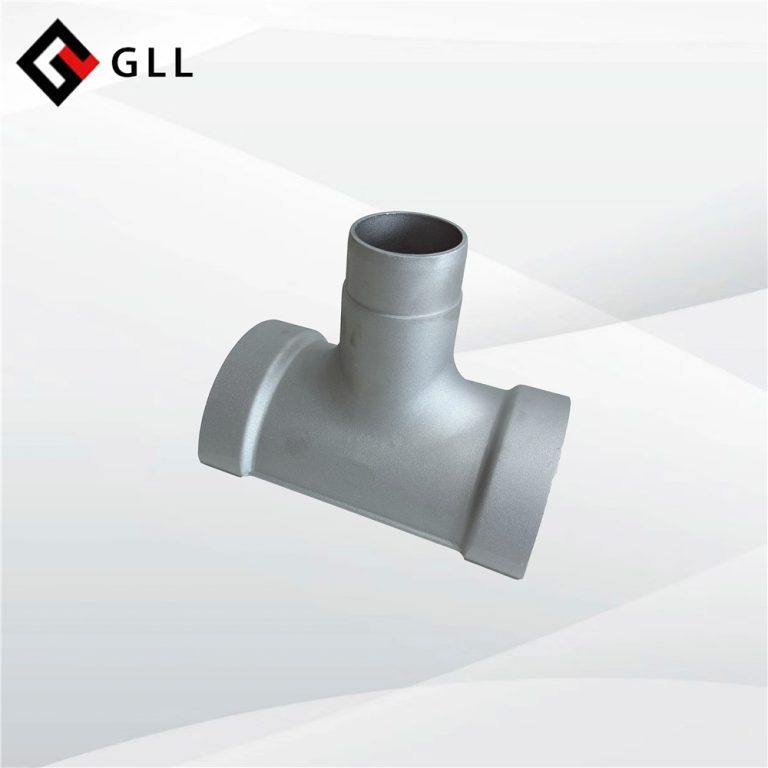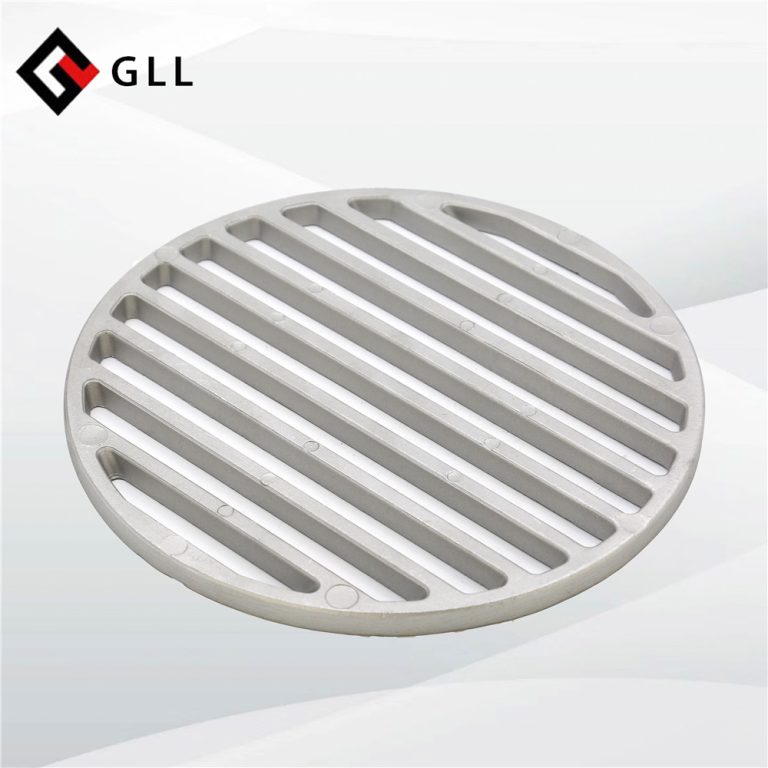
To safeguard roofs, walls, and foundations from harm due to heavy rainfall or water accumulation, humans devised rainwater gutters to gather and divert water that collects on rooftops. The choice of material for these gutters is often debated because it must resist rust and erosion while also being long-lasting and visually appealing. Consequently, aluminum alloy rainwater gutters were engineered to meet both durability and aesthetic standards.
Gutters have a wide range of uses. In building construction, "gutters" refer to the rainwater drainage system along a roof. On the street, "gutters" refer to shallow channels along the edge of a road or street. However, in American English, gutters are usually installed at the edge of a roof and are part of a drainage system. They are channels or troughs that collect rainwater and direct it away from the roof of a building.
Are rain gutters necessary? Indeed, in regions where rainfall is frequent or weather conditions are extreme, rain gutters are absolutely essential.If a building lacks a proper drainage system, rainwater can seep into the walls and foundation, resulting in structural damage and fostering mold growth. Moreover, the erosion of soil around the foundation can weaken its stability, causing cracks and shifting.Rain gutters are specifically designed to capture and channel rainwater away from the building, safeguarding the surrounding soil and vegetation from excessive runoff and helping to preserve the local ecosystem. Where does gutter rain go?
Once the rainwater is collected by the gutters, it will go underground through the drainage system and be discharged into the local rainwater system, rivers or lakes after a series of flows. Sometimes it will be discharged to designated areas for agricultural irrigation or watering gardens and landscaping, which is a good embodiment of water conservation.For homes with landscaping issues or poor drainage, gutters direct accumulated water to French drains or dry wells, which slowly filter and absorb groundwater, keeping the home dry.In urban areas, gutters collect rainwater and flow it into municipal stormwater systems, which deliver it to rivers, lakes, etc.
In short, the benefits of rainwater gutters outweigh the disadvantages. By collecting rainwater and reusing it, it protects houses and buildings from damage, saves water resources, and maintains ecological stability.





